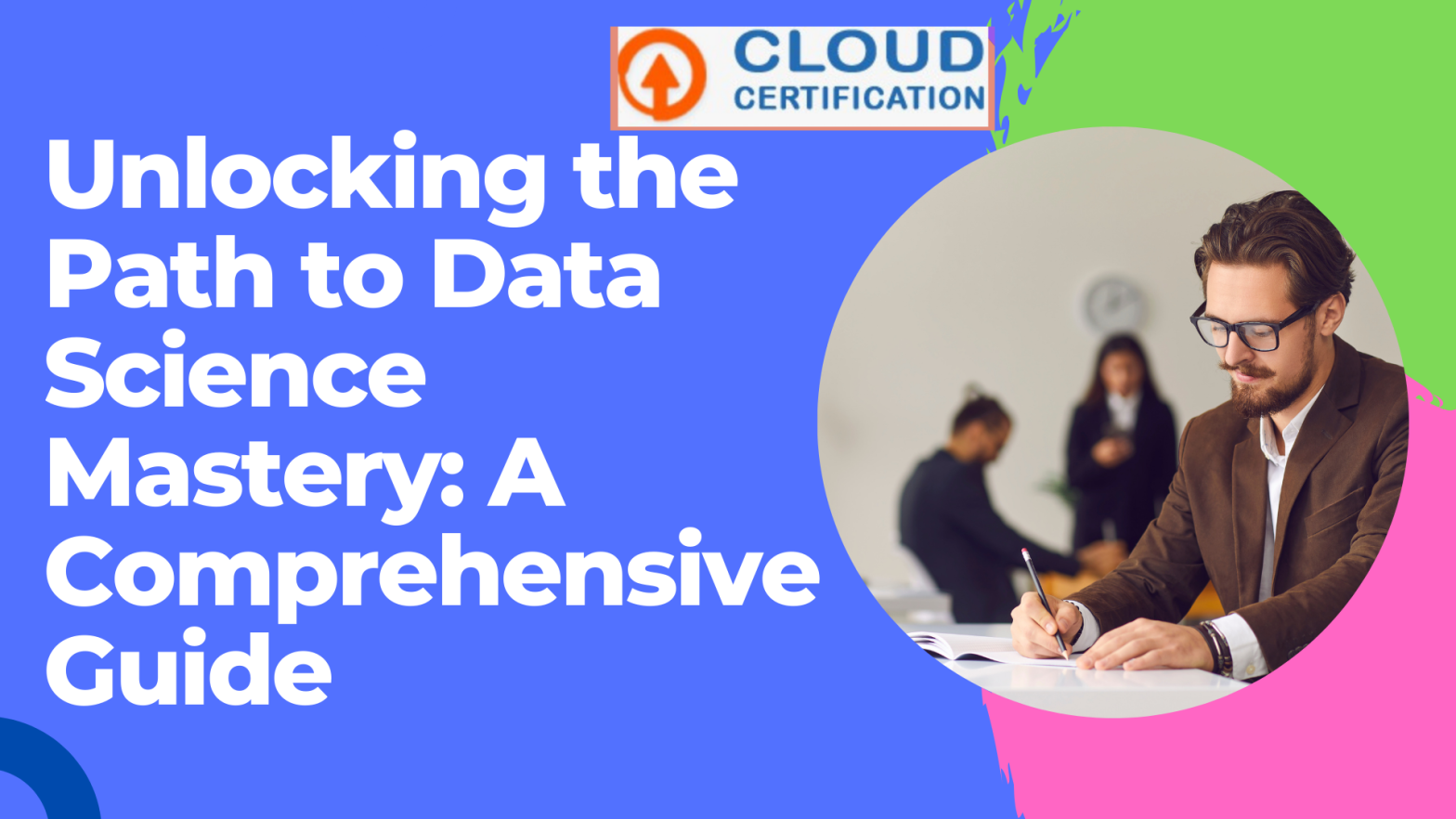So, you’re intrigued by data science, huh? Whether you’re looking to switch careers, add a feather to your professional cap, or simply satiate your curiosity, diving into the world of data science can seem overwhelming. Fear not! Let’s embark on this journey together, breaking down what data science training entails and how you can navigate through it smoothly.
What is Data Science?
Data science is the art of extracting meaningful insights from raw data. It’s a multidisciplinary field that blends mathematics, statistics, computer science, and domain-specific knowledge. Imagine having the superpower to predict trends, optimize processes, and drive strategic decisions — that’s what data scientists do.
The Building Blocks of Data Science Training
1. Mathematics and Statistics
You can’t escape the numbers! A solid foundation in mathematics and statistics is crucial. You’ll need to get comfortable with concepts like linear algebra, calculus, probability, and inferential statistics. These form the backbone of algorithms and models you’ll develop and apply.
2. Programming Skills
Python and R are your best friends in this journey. Python, with its simplicity and rich ecosystem, is a favorite among data scientists. You’ll use libraries like Pandas for data manipulation, NumPy for numerical operations, and Matplotlib for data visualization. SQL is another essential tool for querying databases.
3. Data Manipulation and Visualization
Before you can analyze data, you need to clean and organize it. Mastering data manipulation libraries and tools is essential. Visualization tools like Tableau or Python’s Seaborn and Matplotlib help in presenting your data in an understandable and insightful manner.
4. Machine Learning
This is where things get exciting. Machine learning involves training algorithms to make predictions or decisions based on data. You’ll explore supervised learning (e.g., regression and classification), unsupervised learning (e.g., clustering), and reinforcement learning.
5. Big Data Technologies
Handling large datasets efficiently is another critical skill. Technologies like Hadoop and Spark enable distributed computing, making it possible to process big data.
6. Real-World Projects
Applying what you’ve learned through hands-on projects is vital. Platforms like Kaggle offer numerous datasets and competitions to test and hone your skills. Documenting your projects on GitHub not only showcases your abilities but also helps you build a professional portfolio.
Journey of a Data Scientist: From Novice to Pro
Quarter 1: Foundations
Start with the basics. Learn Python and R, delve into fundamental statistics and mathematics, and get comfortable with data manipulation tools. Work on small projects to apply what you’ve learned.
Quarter 2: Intermediate Skills
Expand your skill set to include more advanced topics like machine learning algorithms, data visualization techniques, and start exploring big data tools. Engage in end-to-end projects that require you to collect, clean, analyze, and visualize data.
Quarter 3: Advanced Techniques
Dive deep into specific areas like deep learning, natural language processing, and advanced machine learning models. Work on projects that require these advanced skills and start building your domain expertise.
Quarter 4: Specialization and Professional Development
By now, you should have a solid portfolio. Focus on mastering industry-specific applications of data science. Network with professionals, attend workshops, and maybe even contribute to open-source projects.
A Day in the Life of a Data Scientist
Picture this: You start your day with a strong coffee and a glance at your emails. A new dataset has just landed on your desk. It’s messy, filled with missing values and inconsistencies. You roll up your sleeves and dive into data cleaning. Hours pass, filled with coding, statistical analysis, and visualization.
Post-lunch, it’s meeting time. You present your findings to the team, explaining complex models in simple terms. The insights you provide could influence the next big product decision. By evening, you’re back at your desk, perhaps experimenting with a new machine learning model or diving into a fascinating research paper.
Why Data Science is a Thriving Career
The demand for data scientists is skyrocketing. Companies across various industries — from tech giants to healthcare — are on the lookout for skilled data scientists who can turn data into actionable insights. According to recent reports, the average salary for an entry-level data scientist in the US is around $110,000, with the potential to grow significantly as you gain experience and expertise.
FAQs
What background do I need to start in data science?
While a background in mathematics, statistics, or computer science is helpful, it’s not mandatory. Many successful data scientists come from diverse fields like economics, engineering, and even social sciences.
How long does it take to become a data scientist?
It depends on your prior experience and the intensity of your learning. Generally, a focused study plan can get you job-ready in 9-12 months.
Do I need a master’s degree to become a data scientist?
Not necessarily. While advanced degrees can open doors, many employers value skills and practical experience over formal education.
What are the most important skills for a data scientist?
Key skills include programming (Python/R), statistical analysis, machine learning, data manipulation, and excellent communication abilities.
Where can I find data science projects to work on?
Platforms like Kaggle, GitHub, and various online courses offer plenty of datasets and project ideas. Participating in competitions and collaborating on open-source projects can also be very beneficial.
Embarking on a data science journey is challenging but incredibly rewarding. Keep learning, stay curious, and soon you’ll be turning data into gold!
#DataScience #DataScienceTraining #DataAnalytics #BigData #MachineLearning #ArtificialIntelligence #AI #ML #DataAnalysis #DataScientist #DataScienceCommunity #DataScienceEducation #DataScienceCourse #DataScienceSkills #DataEngineering #DataVisualization #TechTraining #DataScienceBootcamp #PythonProgramming #DataDriven

